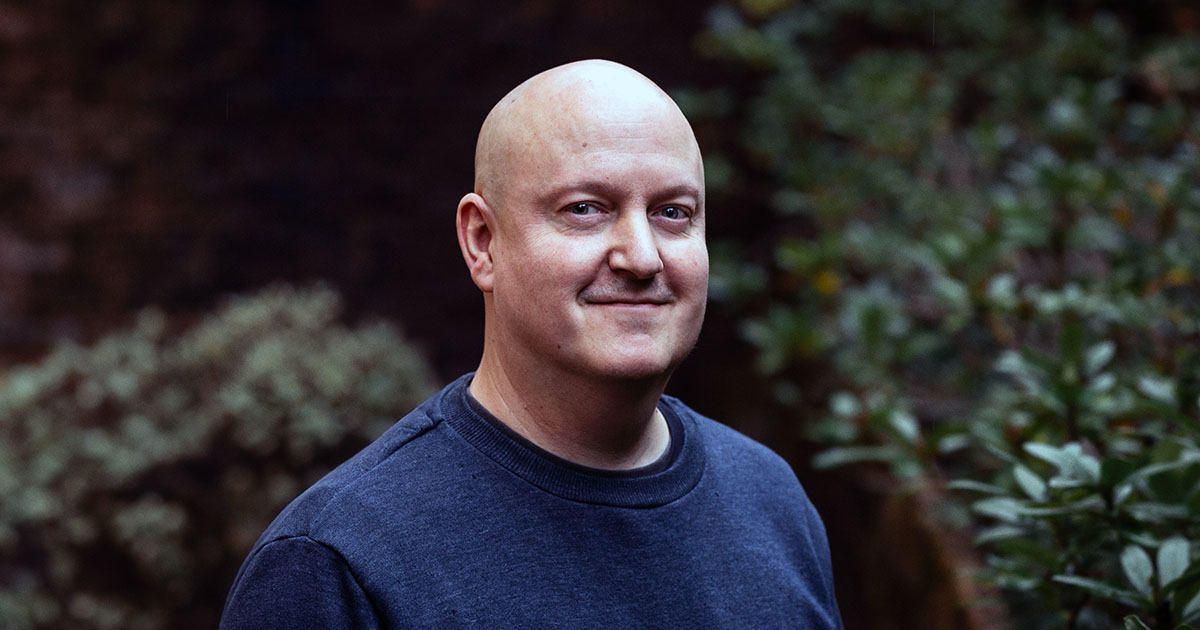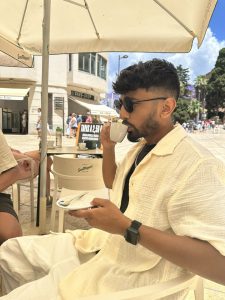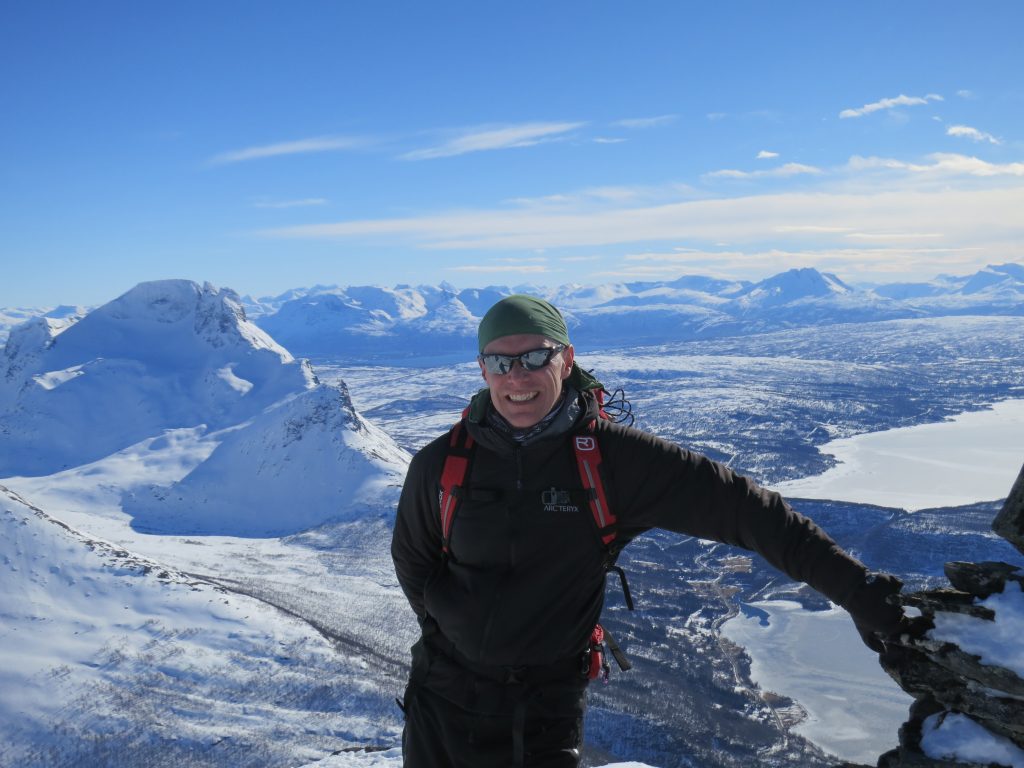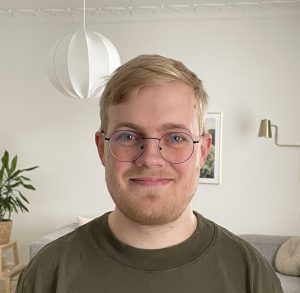Mike recently joined Dyalog Ltd, bringing his experience in web and digital design.
Mike grew up in West London, and now lives by the sea in East Sussex. His background is in Recording Engineering, and he worked for a number of years as a front-of-house sound engineer and theatre stage manager. Having learnt the basics of HTML while at University, he started to develop websites as a hobby; it wasn’t long before he realised the hobby was the more rewarding pursuit.
Four years of web and digital design followed, based in London. Clients included many international companies and organisations such as Merial, The World Health Organization (WHO), the United States Department of Agriculture (USDA) and The Pirbright Institute.
Mike then worked for ten years at a West Sussex-based web agency with a diverse mix of clients, from small local companies to brands such as BMW and Suzuki.
In 2013 Mike joined Optima Systems and immediately moved all design and branding work that was previously outsourced to be in-house. Optima System’s internal needs were a primary focus, supplemented with working on websites for many local companies and brands. One of the companies Mike worked with was Dyalog Ltd, so when he needed a new challenge he knew exactly who to speak to!
Mike is now our in-house resource for all marketing and graphical design efforts (social media images, banners, video thumbnails, and so on).



 Follow
Follow After graduating from the University of Portsmouth with a bachelor’s degree in software engineering, Abs started investigating IT roles. He wanted something that provided a challenge, working for a team that was passionate about what they do, and in which he could contribute to that effort through the software and IT abilities that he has accumulated; with Dyalog Ltd he found it! Abs was hurled into the world of APL, which was very different to the Python that he was used to. Although his role doesn’t involve much APL, he appreciates how compact APL solutions can be when wielded correctly. Armed with a fresh perspective and a helpful attitude, he joins our IT department hoping to maintain and improve the current IT infrastructure and provide technical solutions to anyone that needs it.
After graduating from the University of Portsmouth with a bachelor’s degree in software engineering, Abs started investigating IT roles. He wanted something that provided a challenge, working for a team that was passionate about what they do, and in which he could contribute to that effort through the software and IT abilities that he has accumulated; with Dyalog Ltd he found it! Abs was hurled into the world of APL, which was very different to the Python that he was used to. Although his role doesn’t involve much APL, he appreciates how compact APL solutions can be when wielded correctly. Armed with a fresh perspective and a helpful attitude, he joins our IT department hoping to maintain and improve the current IT infrastructure and provide technical solutions to anyone that needs it.


 Stefan spent a long time at university doing research in signal processing; after that he worked in several start-ups that were closely tied to the academic world. Then, taking a step away from technology for a while, Stefan pursued his interests in climbing and skiing, chasing winter around the globe until the money ran out.
Stefan spent a long time at university doing research in signal processing; after that he worked in several start-ups that were closely tied to the academic world. Then, taking a step away from technology for a while, Stefan pursued his interests in climbing and skiing, chasing winter around the globe until the money ran out.
 Jada first heard about APL when her partner,
Jada first heard about APL when her partner, 
